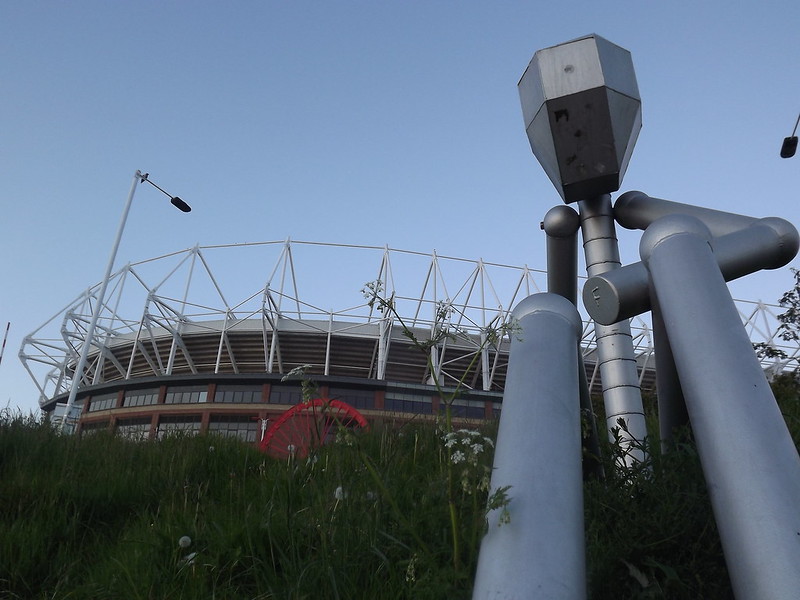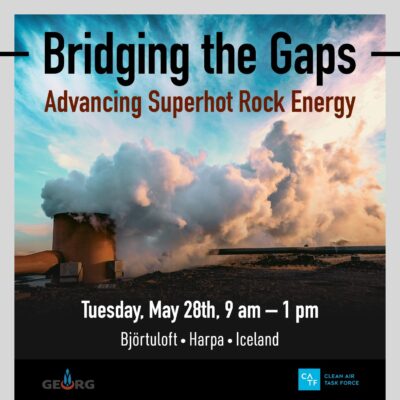Sunderland, UK council plans geothermal exploration in Wearmouth Colliery
The Sunderland City Council and WSP have submitted plans to drill exploratory boreholes to tap into mine water for geothermal district heating.
Engineering and environmental professional services consultancy WSP has submitted a plan in behalf of the Sunderland City Council for a proposed exploratory pilot to evaluate the viability of generating heat from the mine water of the Wearmouth Colliery. If approved, exploratory boreholes are expected to be drilling between July 2023 and April 2024.
In early 2022, we first reported on the plans of the Sunderland City Council to harness mine water to generate geothermal heat and supply the city’s heating network. This new development indicates that work had already been undertaken by the Coal Authority to identify the location of the potential boreholes.
The exploration project will help city officials understand how much heat can be generated from the former coal mine and the associated costs of extracting it. Should be project be successful, it can make the Sunderland heating network one of the largest in the UK and will be a major milestone in achieving the council’s goals of being a carbon neutral local authority by 2030 and a carbon neutral city by 2040.
“If planning is granted and the viability studies bear fruit, then this could be a transformational project for the city,” said Sunderland City Council leader Cllr Graeme Miller. “As a city, we have made a clear commitment to becoming carbon neutral by 2040 and projects such as this, which will significantly slash emissions, will be key to helping us achieve our goals.”
The test site is located at an area adjacent to the Stadium of Light, the home of Sunderland AFC. With this in mind, WPS has assured planners that measures will be implemented to ensure minimal disruption to the club and its match-goers.
“With numerous potential sources of low carbon heat and major heat consumers within a relatively compact area, Sunderland is an excellent candidate for a low carbon heat network,” said WSP Director Dominic Bowers.
“We are excited to hear that this innovative project is moving forward. Local authorities like Sunderland City Council are leading the way by considering the warm mine water within mines beneath towns and cities to provide low carbon space heating as part of their ambitious heat network project,” commented Coal Authority head of heat and by-product innovation Gareth Farr.
Source: City of Sunderland


















